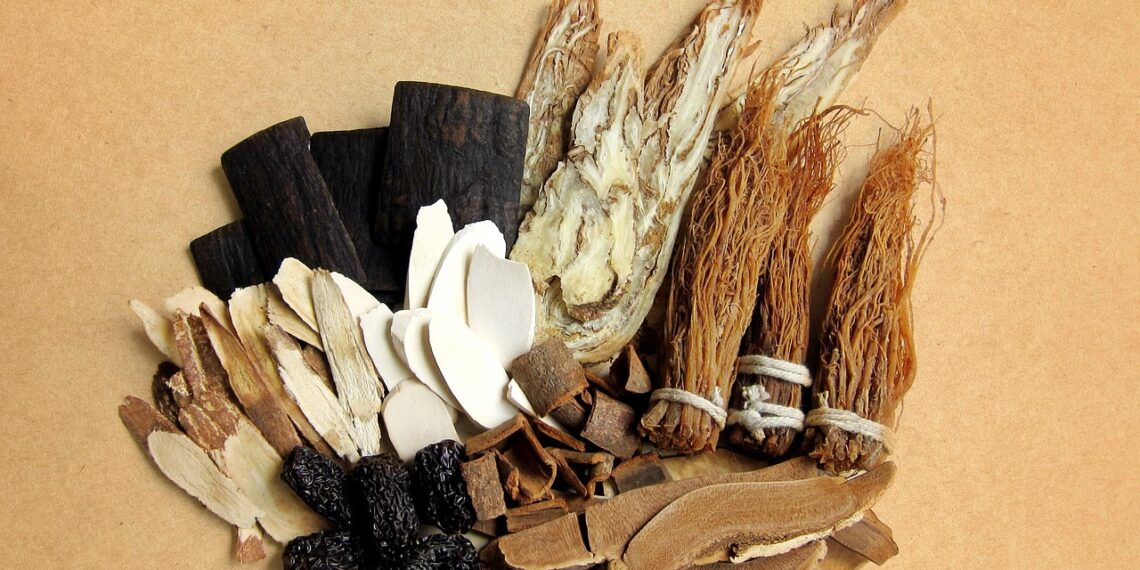For those navigating concerns like high blood sugar, insulin resistance, or digestive imbalance, the path toward wellness can feel confusing or overwhelming. Fortunately, traditional herbal medicine offers a grounded, time-honored approach—one that modern science is now beginning to validate. A prime example of this is berberine, a golden-colored compound found in herbs such as Coptis chinensis and Phellodendron. Long used in Traditional Chinese Medicine (TCM), berberine is now gaining renewed attention for its metabolic benefits and its ability to support overall well-being.
Berberine has traditionally been used in Chinese herbal formulas to “clear heat” and “dry dampness,” terms that, in today’s language, align with balancing inflammation and supporting digestive health. What’s fascinating is that current studies show berberine may help reduce blood sugar, improve cholesterol levels, and support healthy gut bacteria. For those managing type 2 diabetes or prediabetes, this offers a hopeful bridge between natural healing and scientific understanding.
But berberine rarely works alone. In TCM, it’s often paired with other herbs in carefully balanced formulas. One classic example is Huang Lian Jie Du Tang, a combination that includes berberine-rich herbs like Huang Lian and Huang Bai, blended with botanicals that support detoxification and internal cooling. Together, they aim to reduce internal inflammation, support liver function, and encourage better digestion—all of which are key to metabolic wellness.
In more modern wellness circles, you might find berberine teamed up with herbs like cinnamon, bitter melon, or gymnema. These combinations help the body use insulin more effectively, reduce sugar cravings, and support energy balance. Practitioners may also include gut-healing herbs like slippery elm or marshmallow root, creating integrative blends that promote healing from the inside out.
What makes this approach so special is that it doesn’t just focus on symptoms—it honors the whole person. Traditional Chinese Medicine views the body as an interconnected system, and the goal is to create harmony, not just lower numbers on a lab test. This means taking into account digestion, energy levels, emotional stress, and even sleep. When berberine is combined with holistic guidance—such as nourishing meals, mindful movement, and stress reduction—the results can be transformative.
For individuals and families exploring options beyond prescription medications, this holistic model offers both empowerment and flexibility. Berberine and herbal formulas won’t replace essential medical care, but they can complement it in meaningful ways. Whether you’re newly diagnosed with metabolic syndrome or simply looking for natural support on your wellness journey, there is a place for these time-tested plants in today’s health conversations.
In community settings, it’s especially important to provide education that demystifies herbal medicine. With the right guidance, people can feel informed and supported—not intimidated—by terms like “qi” or “damp heat.” By blending cultural wisdom with approachable education, we can help more people access tools that not only improve their lab results but also restore balance and vitality in everyday life.



